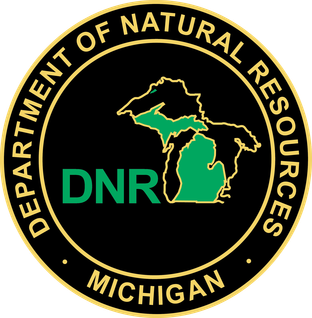
|
Highly pathogenic avian influenza, commonly known as “bird flu,” is a highly contagious respiratory disease that causes sickness and sometimes death in birds and mammals. Since December 2024, there has been an uptick in HPAI wild bird mortality, primarily in Canada geese, trumpeter swans and scavenging birds. To date, we have not seen the disease spread among wild turkeys in Michigan.
Though the risk to people from HPAI is low, hunters should take the following precautions to avoid contracting or spreading bird flu:
If you notice wild birds acting abnormally or find six or more wild birds dead, please report it to the DNR by calling 517-336-5030 or through Eyes in the Field.
For more information about HPAI and human health, visit the Michigan Department of Health and Human Services webpage for Communicable Disease Information and Resources or the Centers for Disease Control and Prevention webpage for Avian Flu.